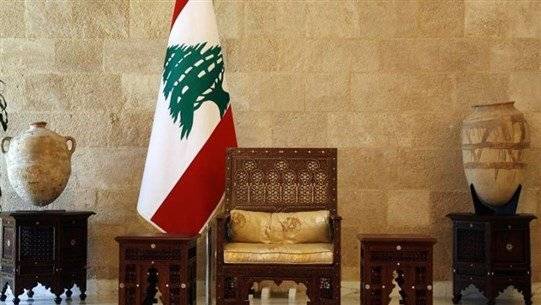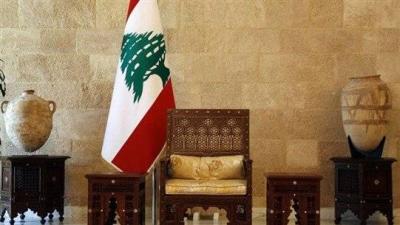Dr. Paul Marquess, the head of the JUSTICIA Foundation and legal reference, emphasized that "the constitution, like nature, knows no void. There are mechanisms for the transfer of power and the continuity of institutions; however, the intentional 'draining of institutions' by politicians is another matter." Marquess explained in an interview with the electronic newspaper "Al-Anbaa" that "the constitution by its nature does not detail the specifics of the powers derived from constitutional jurisprudence and practices, which lead to the conclusion that the government exercises presidential powers during a presidential vacancy in the narrow sense."
He pointed out that the constitution "provides detailed mechanisms for electing the president of the republic in Articles 49, 73, 74, and 75, thus there is absolutely no constitutional excuse or provision for failing to elect a president." Regarding the current situation in the country concerning what has come to be known as the "floatation" of the government, Marquess indicated that "the new government can be similar to the previous one which is another matter, contingent upon the agreement between the president and the designated prime minister and the parliament's confidence in this government, whether it is the same or with some amendments, accompanied by an immediate move to elect the president, considering that a new government should be formed with the commencement of the presidential term; we cannot afford to waste more time and effort."
Returning to the presidential file, he noted that "if the presidency is vacant for any reason, the powers of the president will transfer to the Council of Ministers according to Article 62 of the constitution, whether the government is a caretaker one or an original exercising government; the difference is only in terms of its caretaking duties." He mentioned that "what allows for a slight expansion in this limited margin known as 'the narrow meaning of caretaking' is that an extended caretaking period can widen the boundaries of such duties, and the designation of the prime minister himself, who heads a caretaker government as a newly designated prime minister, can slightly revive the function of the caretaker government, considering he is the one who was supposed to form the new government."
He confirmed that "the void is countered by the texts that organized the transition of powers from the president to the government under Article 62 of the constitution. Moreover, particularly, the constitution itself provided for a mechanism to elect a president without any negligence from the deputies through at least four articles of the constitution that compel the parliamentary council to convene to elect the president; the only thing preventing this is the lowest ebb of political ethics."
Thus, the new government is presented with its last opportunity, and if it does not form, there is no void in the constitution, and the caretaker government will assume powers during the interim period until a new president is elected, regardless of how long it may take.




